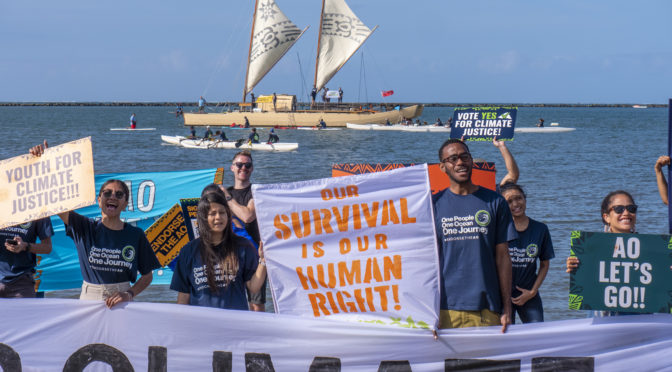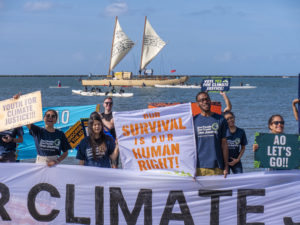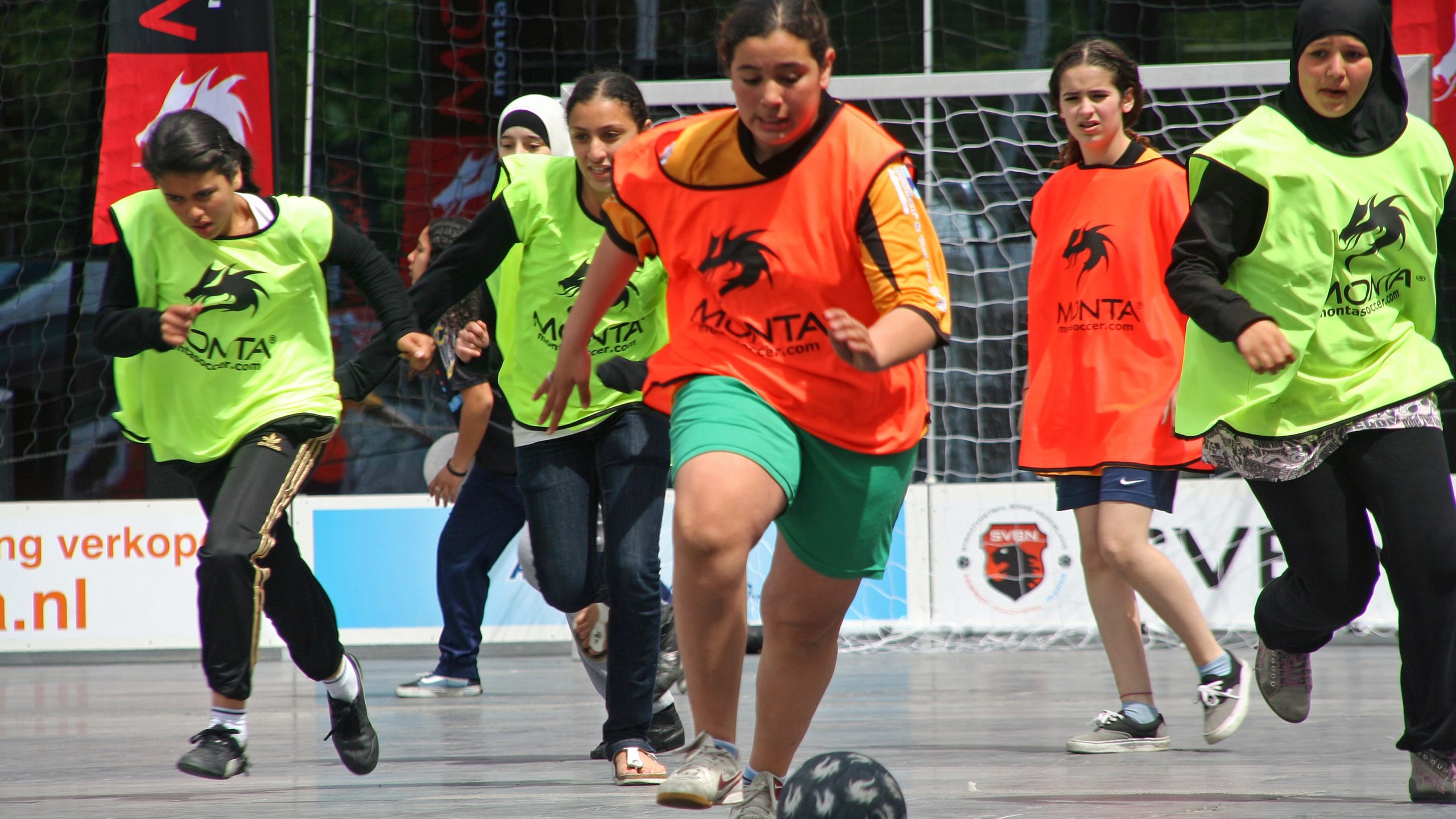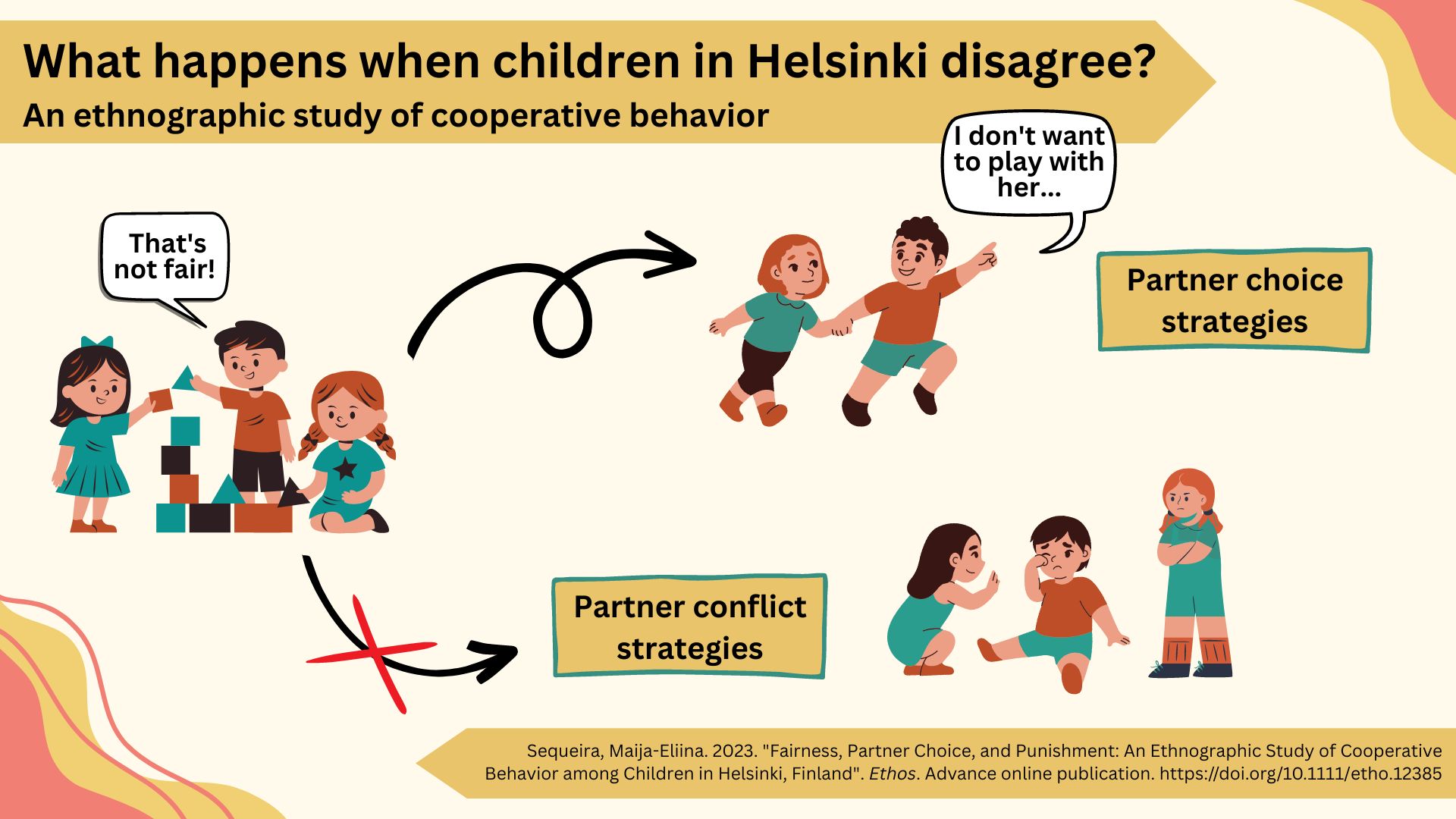The Department of Childhood Studies, Rutgers University—Camden, New Jersey, invites applications for an Assistant Professor (Tenure-Track) in Childhood and Critical Disability Studies expected to commence on September 1, 2024. To view the complete position description, including minimum qualifications required, and to apply, please visit https://jobs.rutgers.edu/postings/212911
The Department of Childhood Studies seeks an outstanding scholar whose research and teaching interests address topics and practices regarding childhood and disability with a focus on intersecting systems of oppression in either domestic and/or global contexts. We are particularly keen on receiving applications from those who center racial justice in their scholarship and teaching. We value research quality, the demonstrated appreciation for multidisciplinary approaches to the study of childhood and disabilities, and an eagerness to continue the department’s mission of expanding childhood studies at the BA, MA and PhD levels.
Applicants must have earned their Ph.D. in Disability Studies, Education, Childhood Studies, Anthropology, Sociology, African-American Studies, Gender Studies, Latinx Studies, Media Studies, or a related field, and have a demonstrated promise of research and teaching excellence. The duties of a tenure-track assistant professor include engaging in an active research program, teaching two courses per semester (four courses per academic year) in the area of Childhood Studies, supervising MA and Ph.D. students, contributing to our innovative graduate program, and generally participating fully in the life of the department.
Rutgers University and the Department of Childhood Studies is committed to fostering diversity within its community. We welcome applications from those who would contribute to the further diversification of our program including, but not limited to: Black, Indigenous and people of color, persons with disabilities and persons of any sexual orientation, gender identity and/or expression.
Established in 2007 as the first doctoral program in childhood studies in the USA, the department graduated its first Ph.D. students in May 2013. Childhood Studies offers a robust, multidisciplinary curriculum for BA, MA, and Ph.D. degrees.
Candidates may learn about the campus and the Department of Childhood Studies at http://childhood.camden.rutgers.edu and by contacting Dr. Susan Miller, department chair.
Applications must include: a cover letter indicating the ways in which the applicant’s research adds to the department’s strengths and focusing on how their teaching and research may enhance a multidisciplinary program, a current CV, a personal statement that speaks to the academic, professional, and/or institutional work the candidate has undertaken to advance diversity, equity, and inclusion, an example of published scholarship or a substantive writing sample, and have at least 3 letters of reference uploaded to the application portal. Applications received by December 1, 2023 will receive the fullest consideration.






